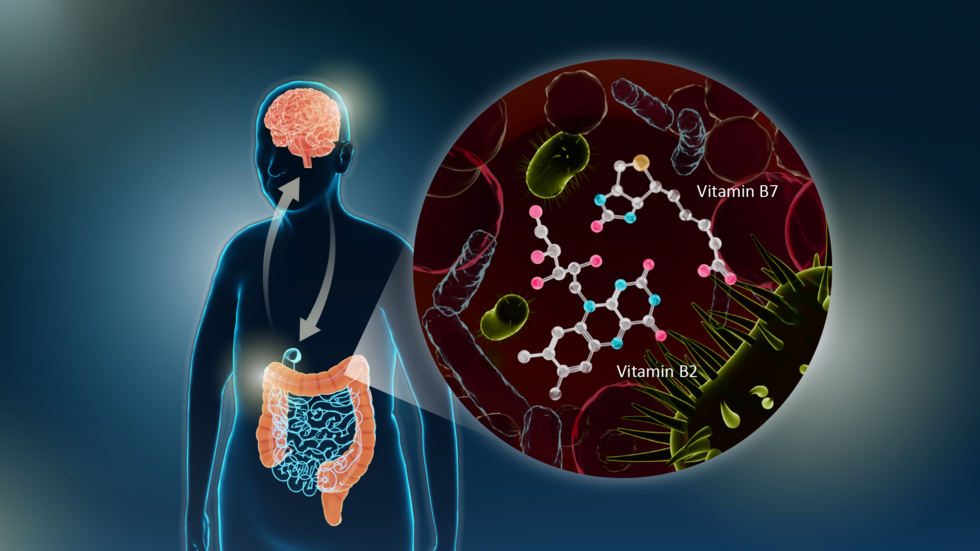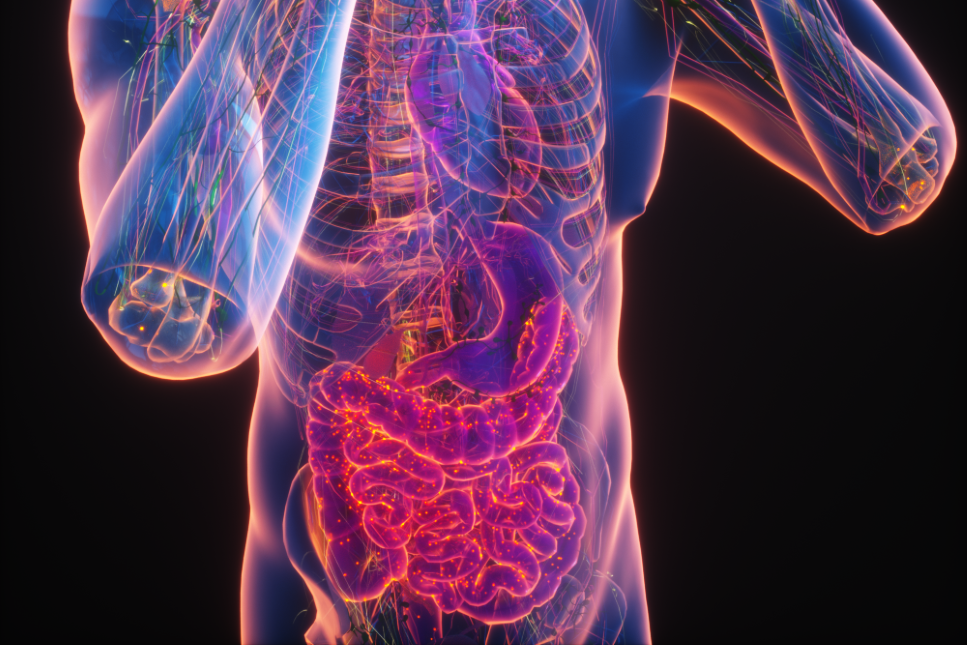
A study led by Nagoya University Graduate School of Medicine in Japan has revealed a link between gut microbiota and Parkinson’s disease (PD). The researchers found a reduction in the gut bacteria of genes responsible for synthesizing the essential B vitamins B2 and B7. They also identified a relationship between the lack of these genes and low levels of agents that help maintain the integrity of the intestinal barrier. This barrier prevents toxins from entering the bloodstream, which causes the inflammation seen in PD. Their findings, published in npj Parkinson’s Disease, suggest that treatment with B vitamins to address these deficiencies can be used to treat PD.
PD is characterized by a variety of physical symptoms that hinder daily activities and mobility, such as shaking, slow...
Read More








Recent Comments